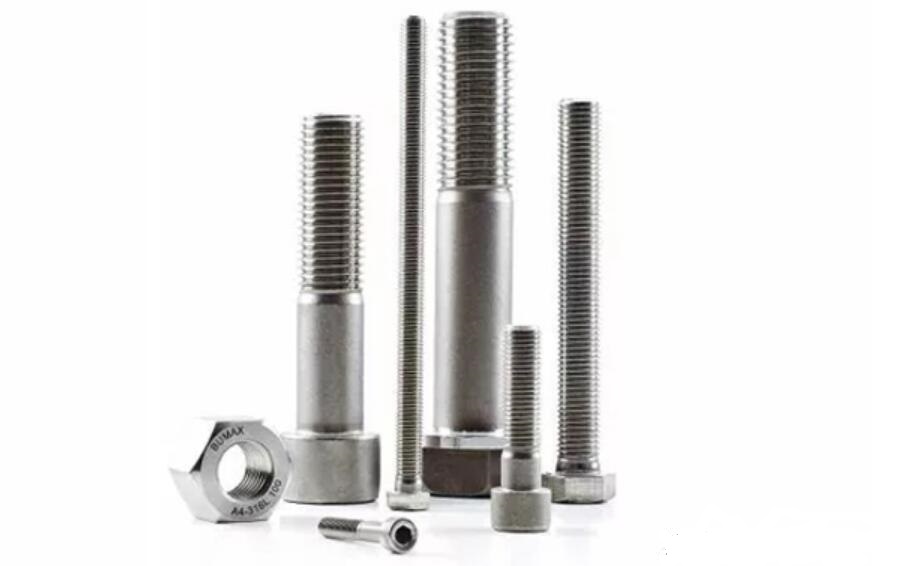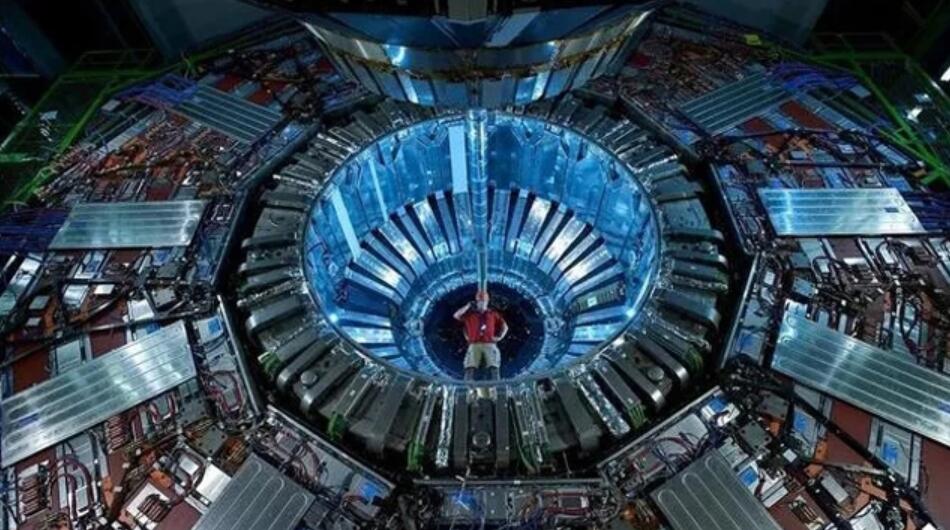Molybdenum-Containing Fasteners in the Large Hadron Collider (LHC)

Molybdenum-Containing Fasteners in the Large Hadron Collider (LHC)
Large Hadron Collider (LHC) is the world's largest particle accelerator, using more than 250,000 high-strength, special 316L stainless steel fasteners. These molybdenum-containing fasteners allow particles to be crushed freely without magnetic interference, making important contributions to particle physics research and the exploration of the mysteries of the universe.

Molybdenum-Containing Fasteners in the Large Hadron Collider (LHC)
The Large Hadron Collider is a high-energy physics device that accelerates the collision of protons. It is the largest and most energetic particle accelerator in the world and consists of a 27-kilometer-long superconducting magnet ring. It is located in a tunnel that is 100 meters deep and 17 miles (including the ring tunnel) in the Jura Mountains, the junction of Switzerland and France near Geneva.
The Large Hadron Collider started testing for the first time in September 2008. The accelerator will be maintained and upgraded at the end of 2018, and it is expected to resume operation in 2021. In addition to the maintenance of the system, the researchers hope that this upgrade will double the number of collisions per second of the collider in order to collect more experimental data. The upgrade project includes replacing the fasteners used to fix the accelerator vacuum tube because the connection piece made of molybdenum-containing material is needed to ensure the smooth progress of the experiment.
The fasteners used in the upgrade of the Large Hadron Collider have special requirements. Compared with standard 316L stainless steel fasteners, they require higher strength and lower magnetic permeability. The minimum tensile strength must be 1000 MPa and the yield strength must be at least 900 MPa. The fasteners must be non-magnetic to avoid disturbing the movement of particles during acceleration. In order to meet these performance requirements of fasteners, its manufacturer Bumax from Sweden stipulates a higher molybdenum content: of 2.5%-3% (usually, the molybdenum content of 316L is 2%-2.5%).
In addition to lowering the magnetic permeability of stainless steel, higher molybdenum content can also increase the strength of fasteners. Fasteners made of austenitic stainless steel must be cold-worked to achieve the tensile strength required to withstand the extreme temperatures and forces of the collider. However, during this cold work strengthening process, part of the non-magnetic austenite structure of 316L stainless steel will be transformed into a magnetically deformed martensite structure. These tiny defects may interfere with the particle flow between the superconducting magnets, thereby hindering the function of the accelerator. The higher molybdenum content helps prevent this martensitic transformation.
Conclusion
Thank you for reading our article and we hope it can help you have a better understanding of the molybdenum-containing fasteners used in the Large Hadron Collider (LHC). If you want to learn more about molybdenum and molybdenum alloys, we would like to advise you to visit Advanced Refractory Metals (ARM) for more information.
Headquartered in Lake Forest, California, USA, Advanced Refractory Metals (ARM) is a leading manufacturer & supplier of refractory metals & alloys across the world. It provides customers with high-quality refractory metals & alloys such as molybdenum, tantalum, rhenium, tungsten, titanium, and zirconium at a very competitive price.
{{item.content}}
LEVE A REPLY
{{item.children[0].content}}
{{item.content}}






